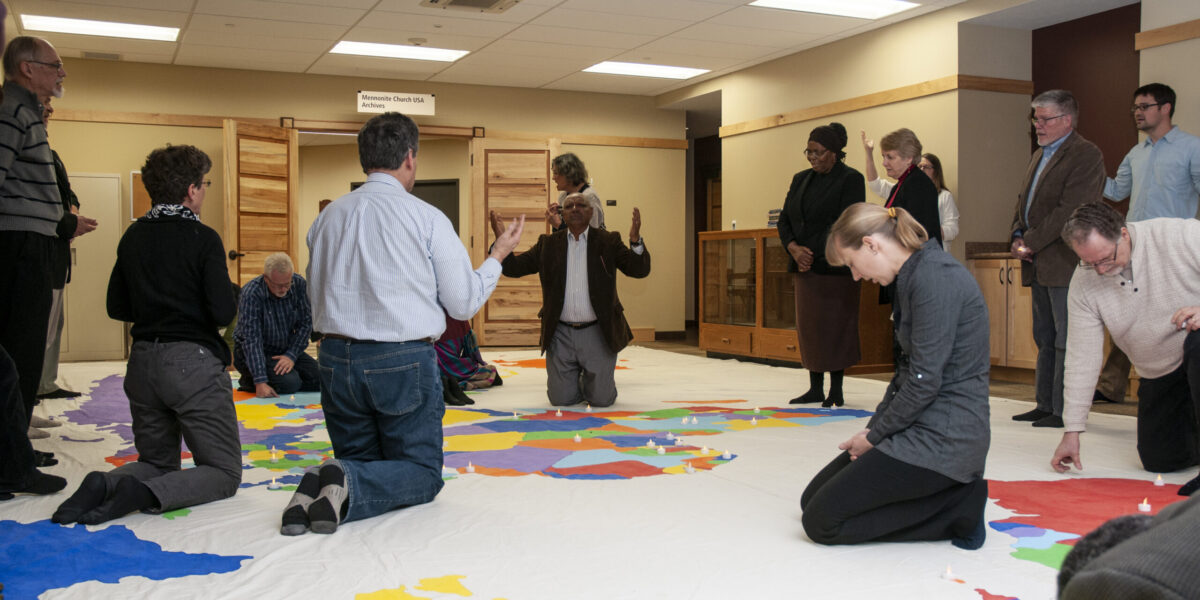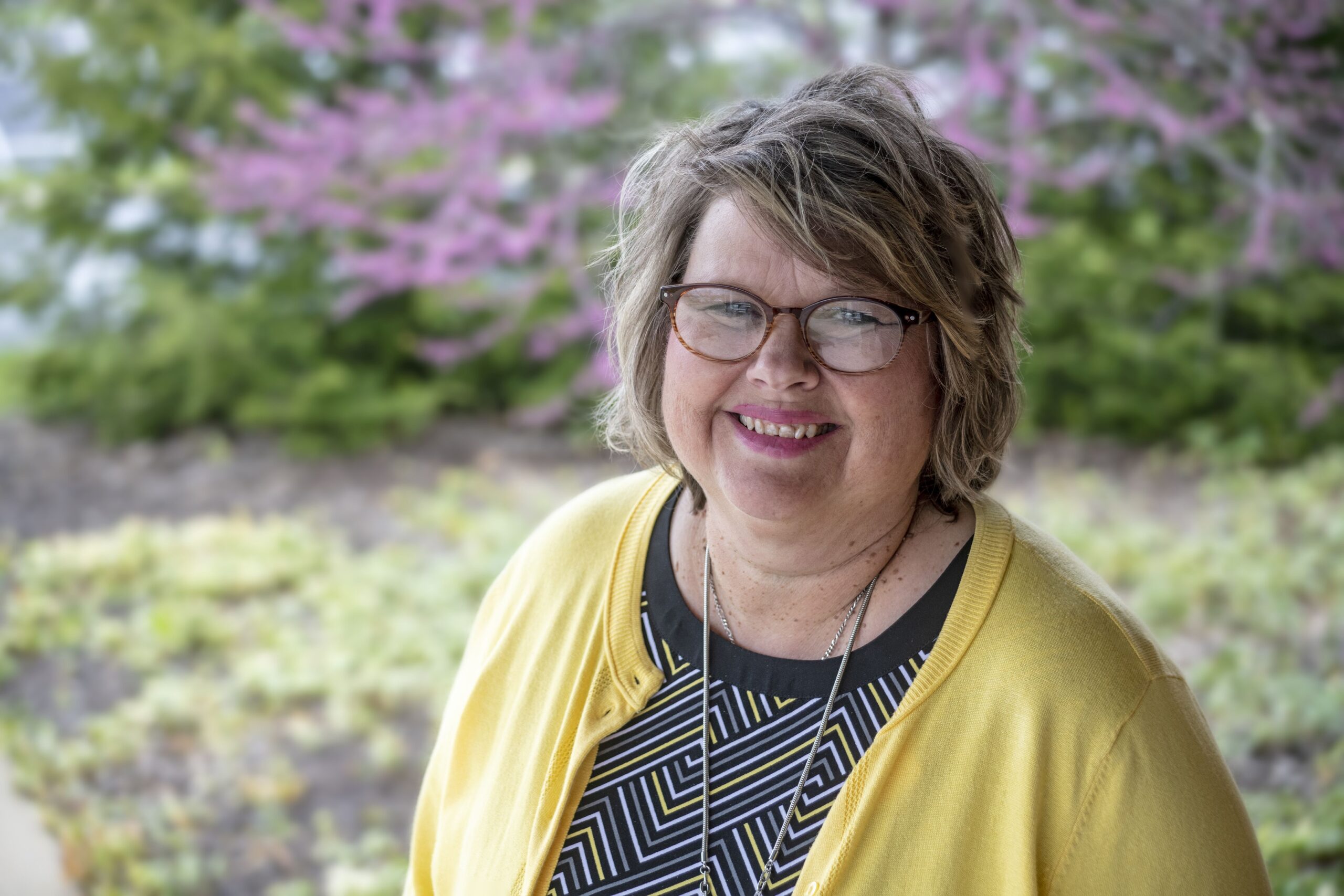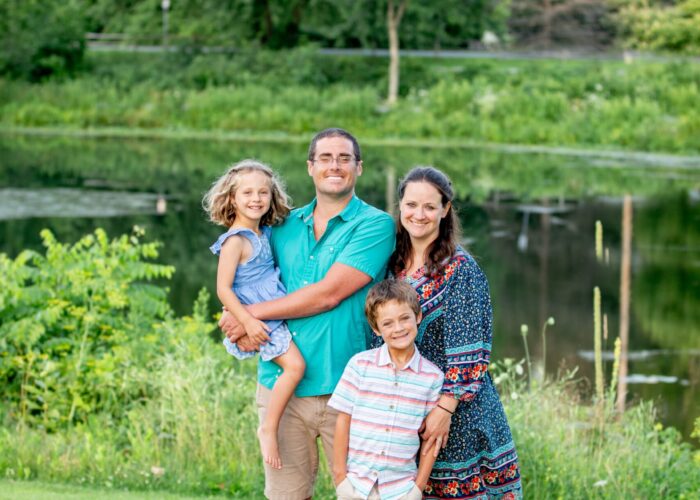NEWTON, Kansas (Mennonite Mission Network) — In these isolating times, Mennonite Mission Network is grateful for the fellowship and networking it receives by participating in the 14-member Council of International Anabaptist Ministries (CIM), which gathers annually for mutual support and education.
The ability of CIM to be a "home" where many agencies share their practices and perspectives around a common "table" was especially vivid this January. CIM members met for online sessions Jan. 12-14 for its first-ever virtual annual conference, "Pivot: Agility in the Covid [COVID-19] Era." The sessions focused on how member agencies are learning and adapting to the new COVID-19 pandemic environment.
Participants chose from a lavish banquet of sessions, ranging from keynote addresses to break-out sessions and covering topics, such as the challenges of pandemic-era fundraising. Karen Horsman, Donor Relations director for Mission Network, chaired the fundraising break out discussion. Agency representatives also met by region, Africa, Asia, Europe, Latin America and Middle East, in order to focus together on mission involvement.
Prior to the conference, John F. Lapp, senior executive for Mission Network’s division of International Ministries, was named CIM chair for 2021. In a recent email, he described how CIM is an important mutual resource for many Mission Network staff to share their perspectives about mission theology, practice and practical international experience — and learn from others’ stories.
"While the theme of each annual gathering is always interesting and helpful, the deepest value for me is to consult with other regional staff about how we’ve solved problems and made the best use of our people in relationship to our valued partners around the world," he wrote.
This sharing and mentoring have always created a rich inter-continental community. And since the pandemic spread across the globe nearly a year ago, this community’s virtual sharing helped to foster communion and counsel, despite physical disconnections, Horsman said.
"Christians have always operated better in an affirmative, mutually supportive atmosphere, the kind that CIM provides," Horsman explained. "Lone wolves do not have a check and balance system, which is truly detrimental when the going gets tough."
Indeed, this collegial spirit helps Mission Network regional directors receive trustworthy mentoring from around the globe, Sharon Norton, co-director of Africa and Europe for Mission Network, wrote in a recent email. "When a sister agency recommends these speakers, you know you can trust what they bring, and it saves time in sorting through the myriad of ideas out there," she wrote.
In a recent telephone interview, Steve Wiebe-Johnson, Norton’s colleague as co-director for Africa and Europe, said that on an emotional level, CIM annual conference feels like a family reunion.
"No matter what, our differences in perspectives, priorities or politics, there is so much more we agree on than what we don’t," he said. "The group has provided grounding for me in my work, over the years."
The collaboration within the CIM family, which has always been helpful, has proven even more so now, as highlighted in a recent email written by Linda Shelly, Mission Network Latin America director, who chaired the Latin America regional meeting. After the main sharing event for the region, its participants joined networking sessions to further explore such topics as supporting workers and partners dealing with the stress of COVID-19 and its related restrictions and losses; and strengthening collaboration among agencies working within the same country.
"These were meaningful times of thinking together about our own roles and what we are learning from partners in Latin America," she wrote.





